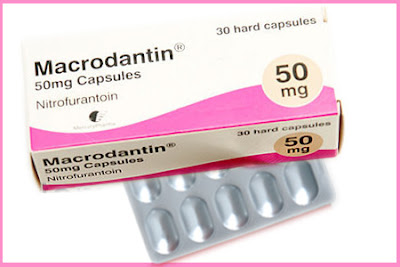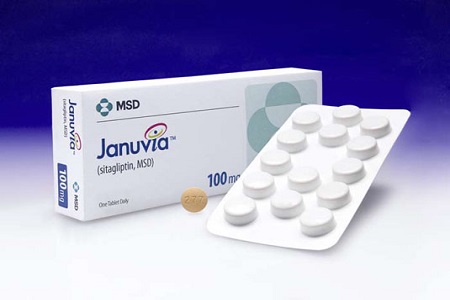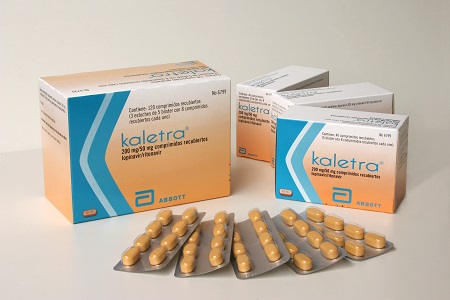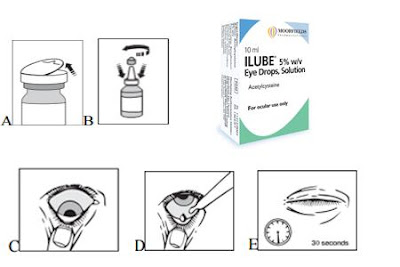What is Nalcrom Capsule?
Nalcrom 100mg Capsules contains sodium cromoglicate and belongs
to a group of medicines named as anti-allergics. And basically it used for food
allergy.
Nalcrom lowers patient response which patient is exposed to
substances to which patient is allergic.
It performs by
halting the release of the natural substances in patient body that can reason of
an allergic reaction.
 |
| Nalcrom 100mg Capsules |
What is the use of Nalcrom 100mg Capsules?
Nalcrom 100mg Capsules are mainly utilized to treat allergic
reactions to specific foods. Here you should follow advice of your doctor if he
suggests avoiding some certain foods.
What ingredients Nalcrom Capsules contain?
Each Nalcrom Capsule mainly contains 100 mg of sodium
cromoglicate. Additionally it contain gelatine and Black ink (Ethyl alcohol,
containing Water, Iso-propyl alcohol, N-butyl alcohol, Propylene alcohol,
Shellac, Potassium hydroxide, Ammonium hydroxide and Iron oxide black (E172))
and purified water.
What should you keep in mind before taking Nalcrom 100mg Capsules?
Do not take this medicine if you are allergic to any
ingredient of Nalcrom 100mg Capsule especially (hypersensitive) to sodium
cromoglicate.
Stop taking Nalcrom Capsules and inform your doctor if you
find sign of an allergic reaction in your body like swallowing, rash, swelling
in mouth and face.
Pregnancy, breast-feeding and Nalcrom 100mg Capsules: Inform
to your doctor in all condition; if you are pregnant or planning to become
pregnant and breast-feeding or planning to breast-feed.
How to take (Dosing Information) Nalcrom 100mg Capsules?
You doctor will decide amount of Nalcrom 100mg Capsules for
you. Don’t take it without consulting your doctor.
In general, for adults and elderly
2 Nalcrom 100mg Capsules, four times a day, before meals
If you doctor found improvement he may lower your dose.
In general, for 2 to 14 aged Children
1 Nalcrom 100mg Capsules, four times a day, before meals
When your kid’s symptoms improve, your health care expert
may lower the dose
Take this drug by mouth.
Take this drug before taking food.
In case signs of allergy do not improve within 10 to 15 days,
your health care expert might change your dose. Your dose should not be bigger than
40 mg for each kilogram of your body weight every day. If you feel allergic,
and feel your dose are heavy or weak consult to your doctor. Don’t change
dosing amount by yourself.
If you have taken more Nalcrom than you should go to the
hospital straight away or contact to your doctor.
In case you forget a Nalcrom 100mg Capsules dose, take it
the moment you remember it. Although, if it is almost time for the next Nalcrom
dose, skip the missed one.
Inform your doctor if you feel improvement. Don’t stop
taking Nalcrom without consulting your doctor.
How to store Nalcrom 100 mg Capsules?
Keep Nalcrom 100 mg Capsules away from children reach.
Do not take this drug after the expiry date which is mentioned
leaflet.
Store Nalcrom 100 mg Capsules below 25°C and in a dry place.
What are the possible side effects of Nalcrom 100mg Capsules?
Like other drugs, Nalcrom 100mg Capsules can bring side
effects, however, not everyone gets them. Quit taking Nalcrom 100mg Capsules
and see your doctor if following side effects occur:
- You feel allergic side effects of Nalcrom 100mg Capsules like swelling of your throat, face or tongue, and swallowing or breathing problems.
- Feeling sick (nausea)
- Skin rashes
This is not complete list of all side effects of Nalcrom 100mg
Capsules, other may occur.





















0 comments: